BSc (Hons) Biomedical Science

学历文凭
Bachelor Degree with Honours

专业院系
School of Health, Sport and Bioscience (HSB)

开学时间

课程时长

课程学费

国际学生入学条件
IDP—雅思考试联合主办方

雅思考试总分
- 雅思总分:
- 托福网考总分:
- 托福笔试总分:
- 其他语言考试:
CRICOS代码: B940
申请截止日期: 请与IDP联系 以获取详细信息。
课程简介
相关申请
 预科
预科 奖学金
奖学金 实习机会
实习机会 在校学习
在校学习 跨境学习
跨境学习 校园授课-线上开始
校园授课-线上开始 在线/远程学习
在线/远程学习
开学时间&学费
学费信息仅供参考,请与IDP联系以获取详细信息
| 开学时间 | 时长 | 学费 | 地点 |
|---|
关于东伦敦大学
本校相关课程
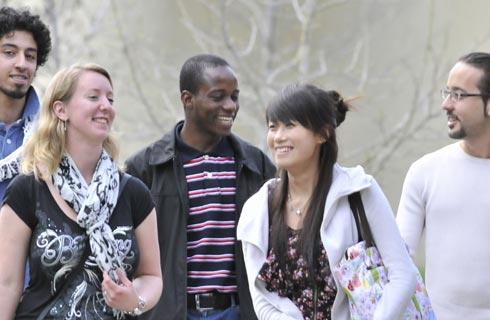
MA Theatre Directing
学历文凭
Masters Degree (Taught)
开学日期
课程费用总额


MSc Structural Engineering
学历文凭
Masters Degree (Taught)
开学日期
课程费用总额

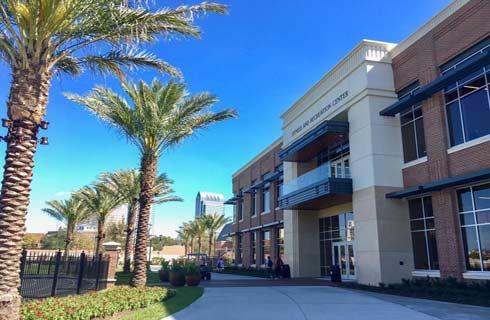
MA Refugee Studies
学历文凭
Masters Degree (Taught)
开学日期
课程费用总额


MSc Public Health
学历文凭
Masters Degree (Taught)
开学日期
课程费用总额

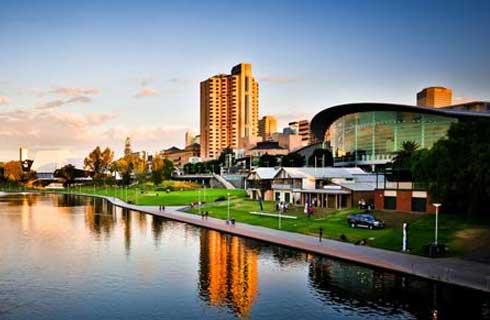
MSc Psychology
学历文凭
Masters Degree (Taught)
开学日期
课程费用总额

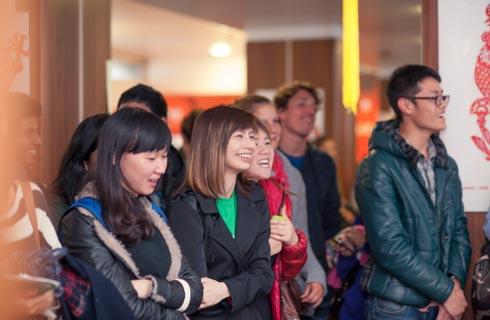
MSc Occupational and Organisational Psychology
学历文凭
Masters Degree (Taught)
开学日期
课程费用总额

其他相关课程
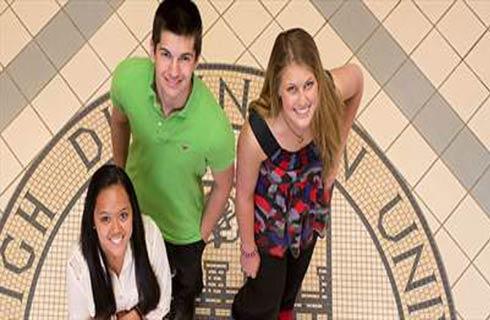
理学学士(荣誉)生物医学
 德蒙福特大学
德蒙福特大学泰晤士高等教育世界大学排名:639
学历文凭
Bachelor Degree with Honours
开学日期
课程费用总额

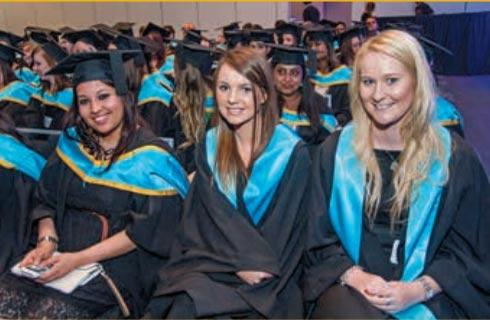
理学硕士-分子和细胞生物学(研究)
 怀卡托大学
怀卡托大学学历文凭
Masters Degree (Research)
开学日期
课程费用总额


生物医学硕士
 奥克兰大学
奥克兰大学学历文凭
Masters Degree (Research)
开学日期
课程费用总额


MRes Cancer Biology
 诺丁汉特伦特大学
诺丁汉特伦特大学泰晤士高等教育世界大学排名:696
学历文凭
Masters Degree (Research)
开学日期
课程费用总额


理学学士(荣誉)生物医学
 布里斯托大学
布里斯托大学泰晤士高等教育世界大学排名:81
学历文凭
Bachelor Degree with Honours
开学日期
课程费用总额


PhD in Immunological and Cellular Strategies in Metabolic Disease (King's and Technische Universität Dresden)
 伦敦国王学院
伦敦国王学院学历文凭
Ph.D.
开学日期
课程费用总额











